Do students have to show their face on Zoom?
Many students argue that leaving their camera on makes it difficult to focus in class, while others don’t see it as a problem.
September 7, 2020
With remote learning leading us into this school year, the question is no longer “Will face coverings be required in class?” but instead “Will students be required to show their faces on Zoom?”
While teacher-student interactions will look different this year, asking for cameras to remain on during class will help to build relationships, with both peers and teachers.
“I think kids should have their cameras on so teachers don’t feel like they are talking to a blank page. Most kids in my classes have their cameras on and if they don’t most teachers don’t call them out,” said Celeste Murphy (‘23).
The ability to see their students’ faces allows teachers to determine who is and is not actively listening; students should participate in their classes in one way or another.
“The biggest joy in teaching for me is the relationships I build with my students. It’s nearly impossible to build a sense of community with a bunch of muted black boxes, so it’s vital that I see kids’ faces, just like it’s vital that they see mine,” said AP Human Geography teacher Jen Zuanich.
Policy is that, unless there’s a reason not to and the parents know this reason, cameras should be on. The issue is more complicated than a yes or no answer, for students may have limitations that discourage them from having their cameras on.
“I don’t have a problem showing my face, sometimes I can’t find my laptop so I have to use my PC that doesn’t have a camera. That is the only reason I’d attend class without my camera. I generally don’t have issues with privacy or anything but I think some do, which is why they don’t like to show their face,” said Senyi Yang (‘22).
While some students are fortunate to have healthy and private learning environments, others may not feel as comfortable having their learning spaces on display. Furthermore, turning Zoom cameras off may promote better connection for students who don’t have solid Internet access.
It’s no question that students may be feeling isolated, being away from Amador’s campus and community right now, so the underlying idea behind keeping cameras on is the hope of bringing some normalcy to remote learning.

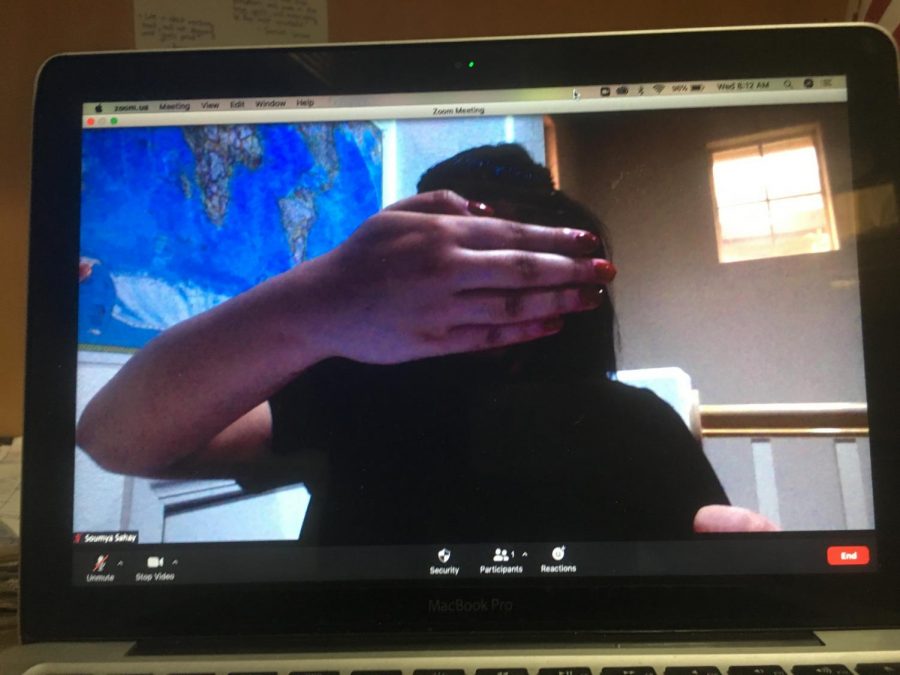



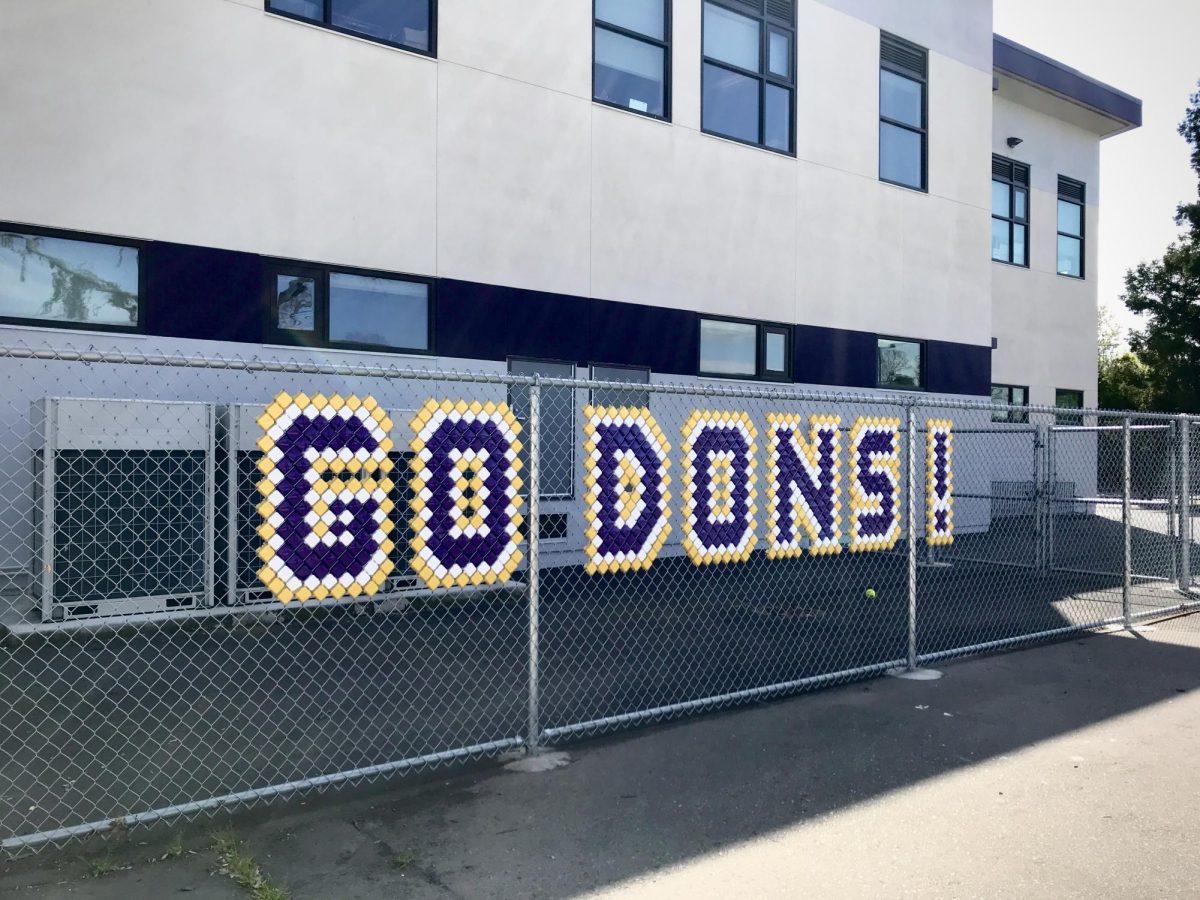

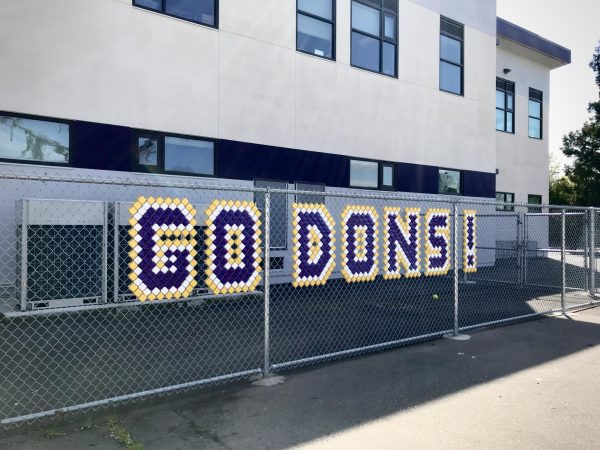

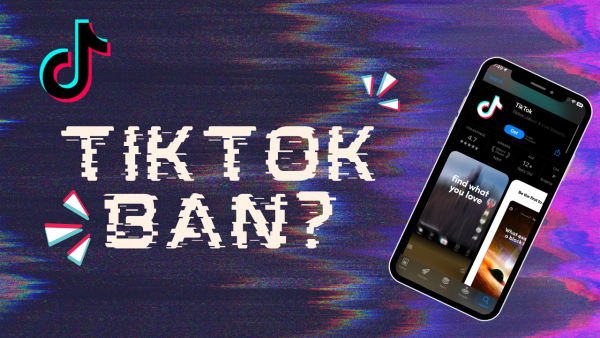


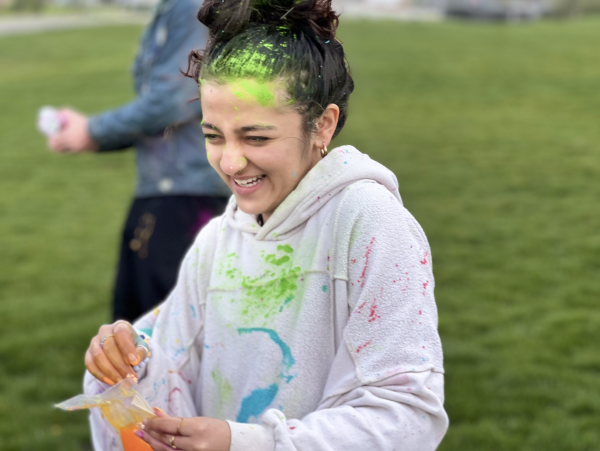



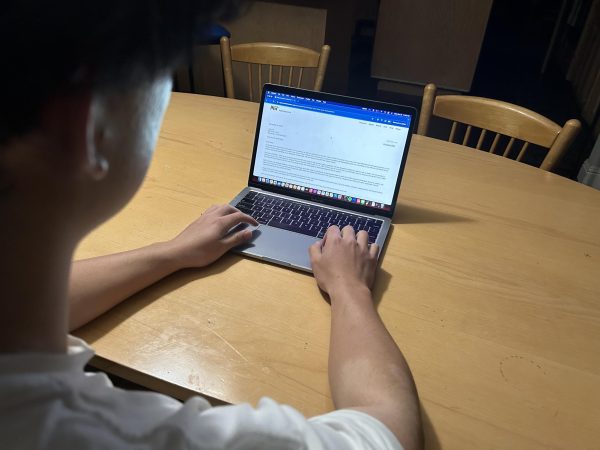
WOOF • Apr 7, 2021 at 11:57 am
Woof